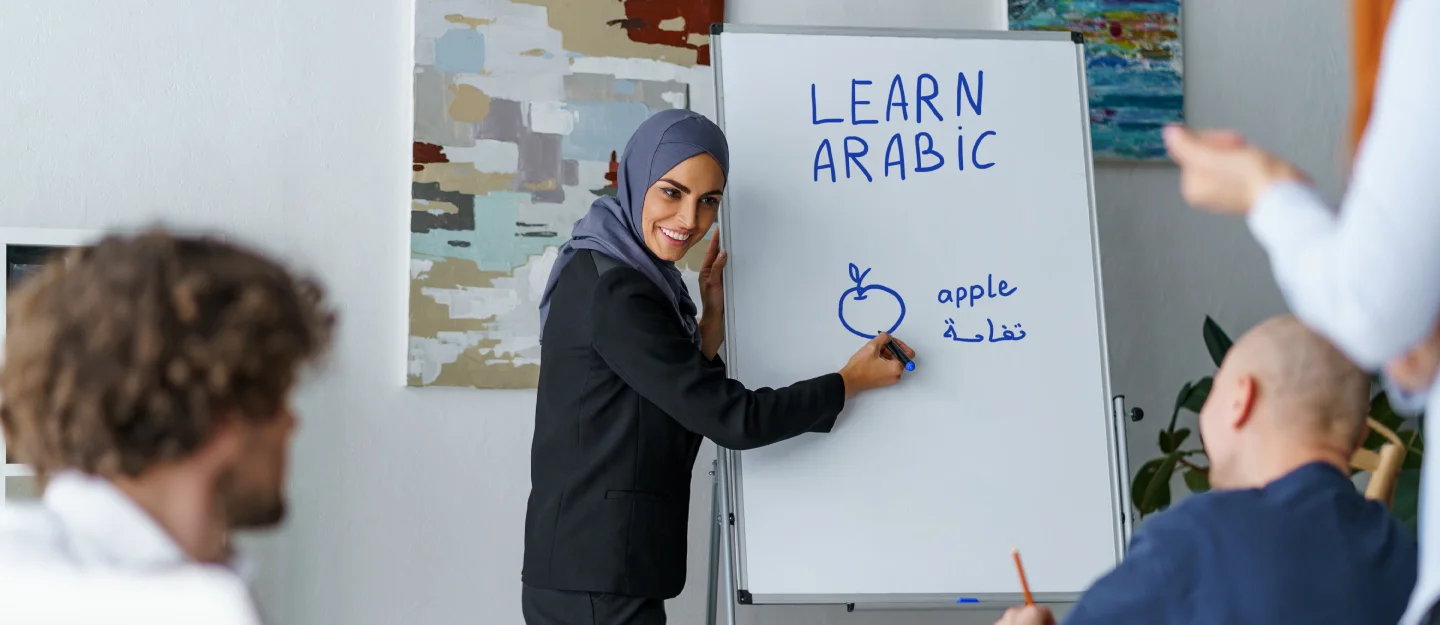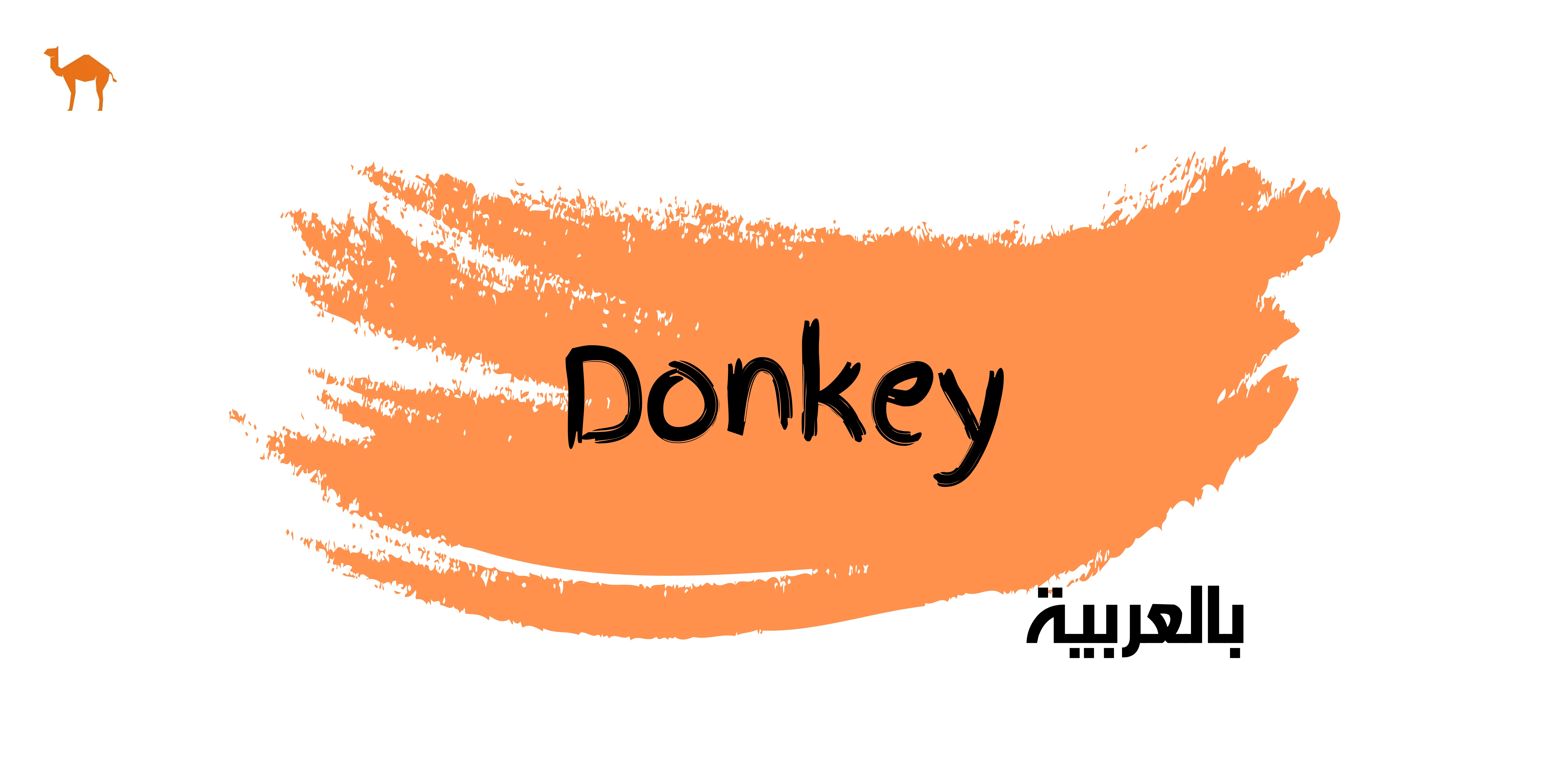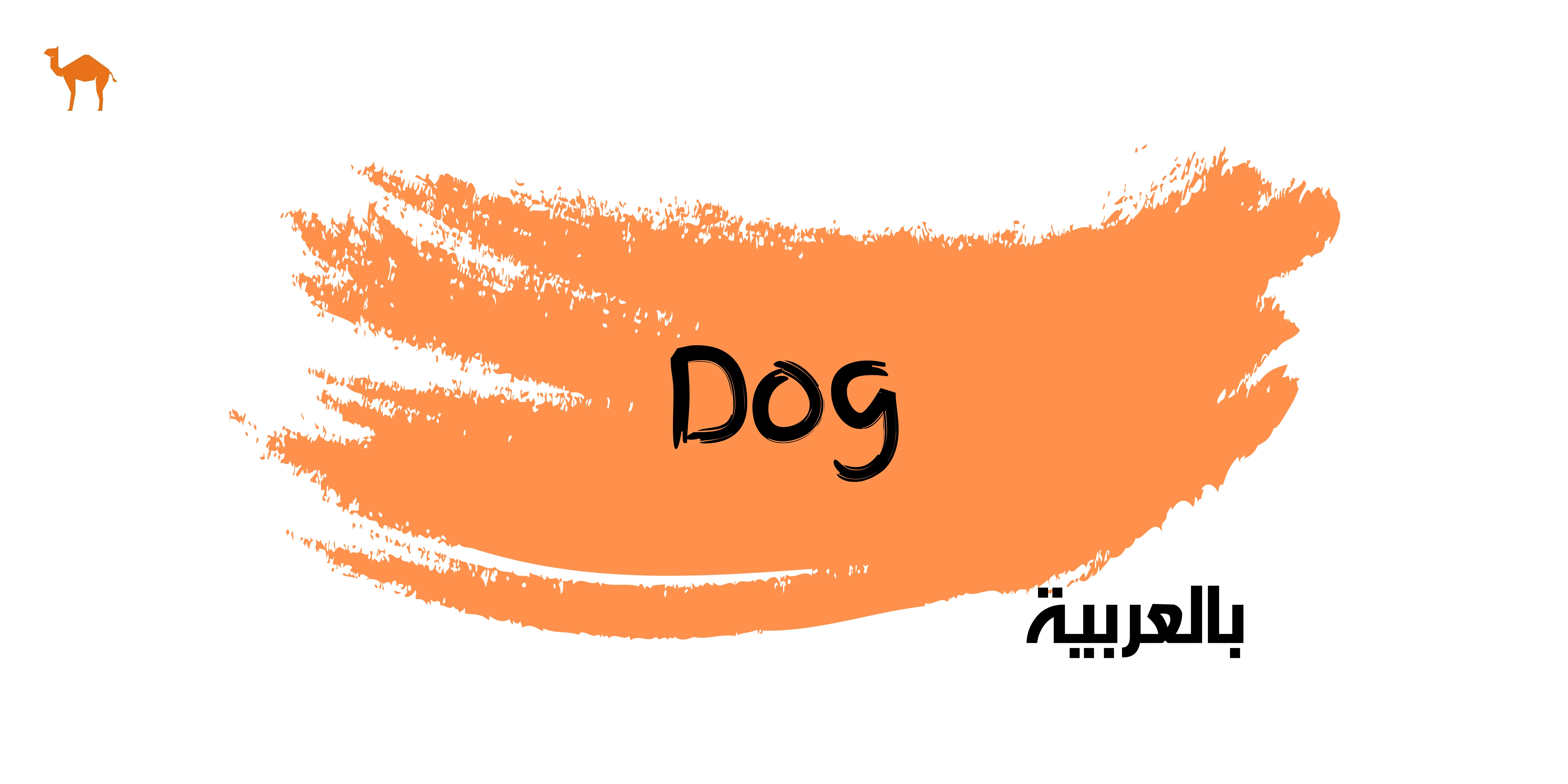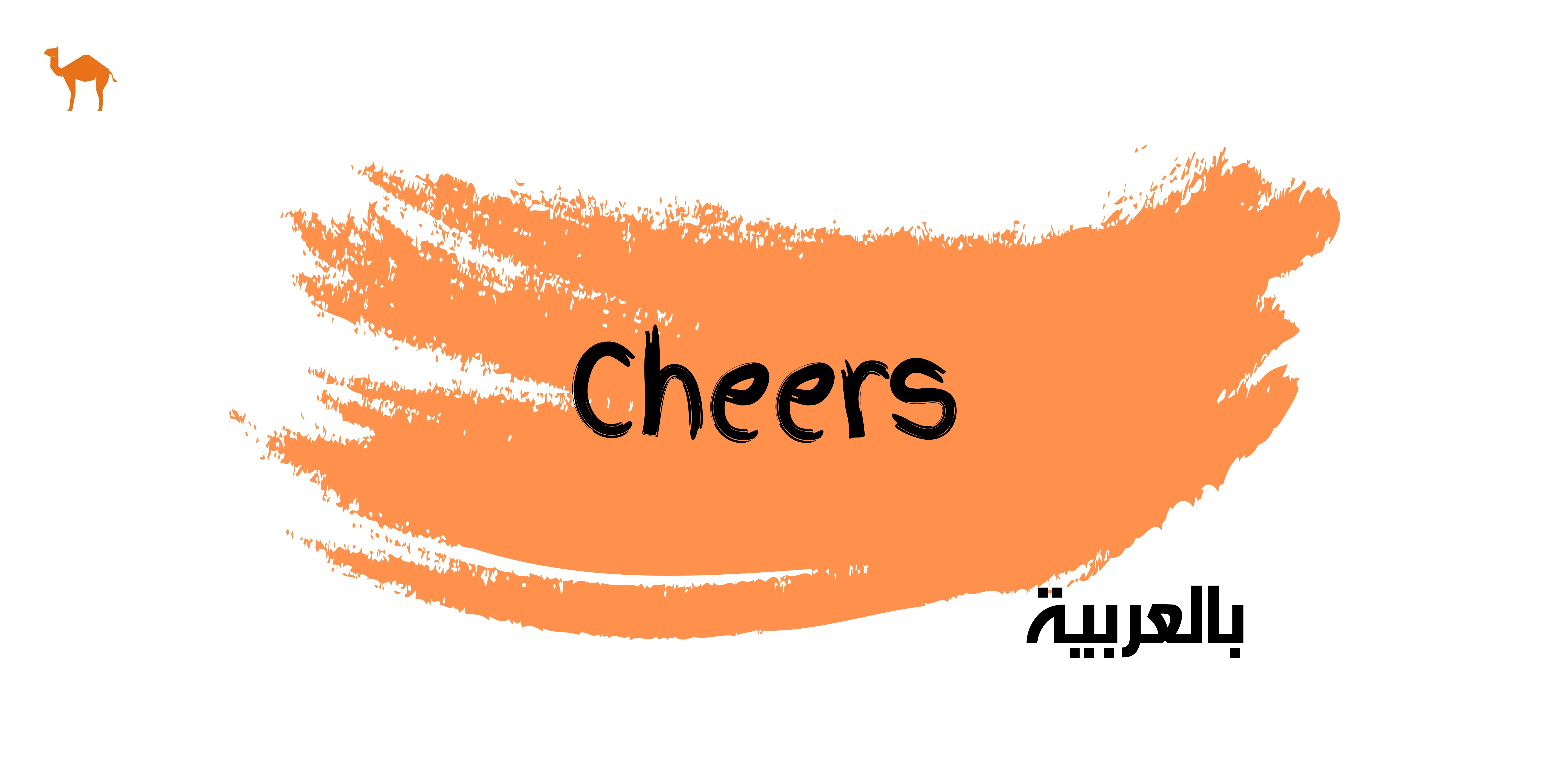Learning Arabic for Beginners: Tips to Help You Get Started

As the sixth most spoken language in the world, with close to 422 million speakers worldwide, it stands to reason that Arabic would be a popular language, one of the best foreign languages to learn for business. With its global importance, Arabic is a difficult language to learn, but it is definitely worth learning. Learners always keep questioning “How to start learning Arabic as a beginner” Or “Is Arabic easy to learn?” And “Can Arabic be self-taught?” eArabic got your back, as always. There are many exciting tips and steps in this article, just keep reading!
Is Arabic easy to learn?
According to English-speaking nations, Arabic is one of the most challenging languages to learn. As per their surveys and experiments, it takes an average English speaker almost eighty-eight weeks to learn Arabic along with the Arabic alphabet and grammar as per Modern Standard Arabic (MSA) dialect. Mastering the Arabic language may take years of study, but gaining speaking skills can come much quicker if you dedicate yourself to practice. On eArabic, you’ll find all kinds of language learning content, to make your journey smooth and easy to navigate: lessons for all levels, vocabulary lists, blog posts and sources, etc.
How to start learning Arabic for beginners?
Learning Arabic for beginners has never been simpler. Start with the Arabic alphabet! Then, as you progress from letters to words, you may be on the lookout for some Arabic words for beginners. It is recommended, as an initial step, to use children's songs and TV shows as a fixed source. Once you reach a higher level, try watching Arabic movies or short videos with English subtitles on. With more practice, you’ll be able to turn off the subtitles, it will be more challenging and fun, it is totally fine if you missed a lot of words, there are lots of challenges ahead. So be a patient yet active learner.
Can Arabic be self-taught?
Nowadays, the number of people who want to learn Arabic is increasing. Since a lot of them cannot find a teacher of Arabic, they would look for alternative methods to learn Arabic by themselves. Arabic is known to be among the top hardest languages to learn. Learning Arabic for beginners can be quite challenging, especially for those who have a Latin based language as a mother language for many reasons such as:
- Arabic script is written from right to the left.
- Arabic letters have different forms and shapes depending on their position in the word (the beginning, the middle, or the end of the word).
- Some short vowels are not written as full letters making some words with different meanings and pronunciation seem alike (this can be a problem for beginners but you will learn how to tell the difference).
- Arabic has some letters and sounds that are not present in English.
- Most Arabic sentences and phrases start with a verb, contrary to Latin languages in which sentences always start with the subject.
How can I start learning Arabic on my own?
To make things easier for you, you should have a good plan with defined and clear goals before you start. First, you need to set specific short and long-term goals. Setting a good plan with clear goals is essential as it can help you focus on one thing at a time and measure your progress. For example, say that you want to learn 5 Arabic letters this week and work on achieving your plan. When you see that you are achieving your goals, you will feel more motivated and know that your hard work has paid off. There are steps that anyone can take to make the learning conversational Arabic easier. It will take hard work, dedication, and time, but it’s certainly achievable.
- Decide which form of Arabic you want to learn
There are many types of Arabic. It is the mother tongue and official language of nearly 30 countries in the middle east and northern Africa. There are different accents and a variety of local pronunciations. So, choose the type of Arabic you want to learn in relation to the region/regions you are interested in. One such example is Egyptian Colloquial Arabic, which is the most widespread regional Arabic dialect and is most often used in television and movies. However, brand-new students should also consider Modern Standard Arabic, the official language of 22 Arab countries and one of the official languages of the United Nations. - Start with the basics
As a beginner in learning Arabic, first, you learn the letters, then you form those letters into words, then you learn how to form sentences, and then you learn more about proper syntax and grammar. Taking shortcuts will only slow you down. - Learn to use the Arabic dictionary
In an Arabic dictionary, words are generally organized around three-letter roots. To look up a word, you need to know what the root is and what letter the root starts with – which is not necessarily the first letter in the word. Using the dictionary takes practice, but the sooner you learn it the better. It will make the entire process easier and more enjoyable. - Immerse yourself in the Arabic language
The best way to learn a new word is to see it, hear it, write it and speak it, so combine those activities as much as you can. Surround yourself with anything and everything Arabic in the comfort of your own home. You can watch shows, listen to songs, learn more about Arabic culture, read and even talk to yourself just to help repeat what you’ve learned so far. One way for beginners to practice the Arabic language is to watch children’s television programs in that language. The vocabulary is simpler, and the educational nature of those programs can be extremely helpful to new students of any age. - Start practicing and speaking
Now that you know the basics, it’s high time you started using them. But hearing and seeing isn’t nearly enough if you don’t speak too! Try to start talking and involve in conversations with a group of learning Arabic beginners as you. - Never stop learning
It’s easy to begin the journey of learning Arabic, but challenging to see it through. Mastering the language will require years of study, but gaining conversation skills can come quickly if you dedicate yourself to the pursuit.
Explore the richness of the Arabic language and Egyptian dialect with our online courses tailored for learners worldwide, whether you're a beginner or an advanced student, our comprehensive curriculum and expert instruction provide an immersive learning experience accessible from anywhere. Dive into the program in Arabic, designed to deepen your understanding and proficiency in this vital language. Book a free Arabic lesson!


